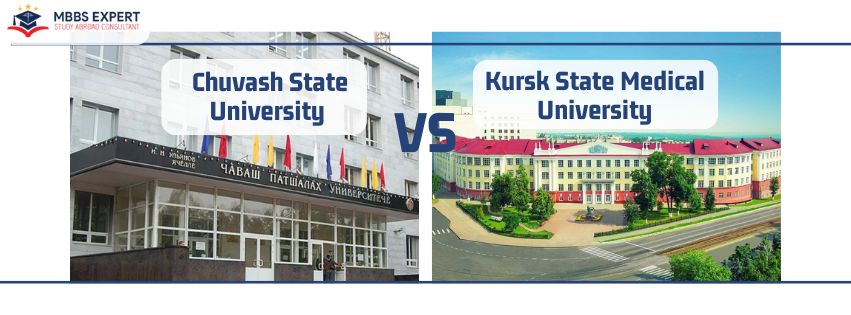Study MBBS at Ingush State University, Russia – Your Gateway to an Affordable Medical Education…
MBBS Study Pattern at BAU International University, Batumi
![]()
MBBS Study Pattern at BAU International University, Batumi
Introduction
BAU International University, Batumi, offers a structured MBBS (Bachelor of Medicine, Bachelor of Surgery) program designed to provide students with comprehensive medical education and practical training. This study pattern outlines the curriculum, clinical rotations, assessment methods, and other essential components of the MBBS program at BAU International University, Batumi.
Overview of BAU International University, Batumi
1. Academic Excellence
BAU International University, Batumi, is recognized for its commitment to excellence in medical education. The university’s MBBS program adheres to international educational standards and prepares students for medical practice through rigorous academic training and practical experience.
2. Medical Programs
The university offers a six-year MBBS program that combines theoretical knowledge with clinical training. The curriculum covers essential medical subjects, including anatomy, physiology, biochemistry, pharmacology, pathology, and clinical skills development.
MBBS Study Pattern
1. Year-wise Breakdown
- First Year: Foundation courses in basic sciences such as anatomy, physiology, and biochemistry. Introduction to medical terminology and initial clinical exposure.
- Second Year: Further studies in pathology, microbiology, pharmacology, and clinical skills development. Introduction to clinical rotations.
- Third to Fifth Year: Clinical rotations in various medical specialties, including internal medicine, surgery, pediatrics, obstetrics and gynecology, psychiatry, and more. Practical training in hospital settings under supervision.
- Sixth Year: Internship and practical training in hospital settings, preparing students for medical licensure and professional practice. Completion of a research project or thesis.
2. Teaching Methodology
BAU International University employs a variety of teaching methods to enhance student learning and clinical skills development:
- Lectures: Traditional classroom lectures delivered by experienced faculty members.
- Seminars and Tutorials: Interactive sessions for discussions, case studies, and problem-solving exercises.
- Practical Sessions: Hands-on training in medical laboratories and simulation centers to practice clinical procedures and emergency responses.
3. Clinical Rotations
Students participate in clinical rotations at affiliated hospitals and healthcare institutions in Batumi and Georgia. These rotations provide practical experience in patient care, medical procedures, and interdisciplinary teamwork under the guidance of healthcare professionals.
4. Assessment and Evaluation
Assessment methods include:
- Examinations: Written exams to assess theoretical knowledge in medical subjects.
- Clinical Assessments: Practical exams to evaluate clinical skills and competency in patient care.
- Research Projects: Completion and presentation of a research project or thesis in the final year of the program.
Facilities and Resources
1. Medical Laboratories
BAU International University is equipped with modern medical laboratories featuring advanced equipment and simulation technology. These facilities support practical learning, anatomical studies, and clinical skills development essential for medical practice.
2. Simulation Centers
The university’s simulation centers replicate real-world medical environments, allowing students to practice clinical procedures and emergency responses in a controlled setting. High-fidelity simulators enhance the learning experience and prepare students for professional practice.
3. Affiliated Hospitals
BAU International University has partnerships with leading hospitals and healthcare institutions in Batumi and Georgia. These affiliations provide students with diverse clinical experiences across various medical specialties, ensuring comprehensive training and exposure.
International Recognition and Collaboration
1. Global Opportunities
BAU International University promotes international collaborations and student exchanges with universities and healthcare organizations worldwide. These partnerships facilitate cultural exchange, global perspectives in medical education, and opportunities for international practice.
2. International Student Community
The university welcomes students from diverse cultural backgrounds, offering language support, cultural integration programs, and student services to facilitate their academic and social adjustment. International students benefit from a supportive learning environment conducive to personal and professional growth.
Conclusion
The MBBS study pattern at BAU International University, Batumi, is characterized by its comprehensive curriculum, hands-on clinical training, state-of-the-art facilities, and international recognition. By choosing BAU International University for their medical education, students embark on a transformative journey towards becoming competent and compassionate healthcare professionals capable of making a positive impact in the global healthcare landscape.
Explore the opportunities at BAU International University, Batumi, and pursue your aspirations in medicine with a globally recognized MBBS degree.





